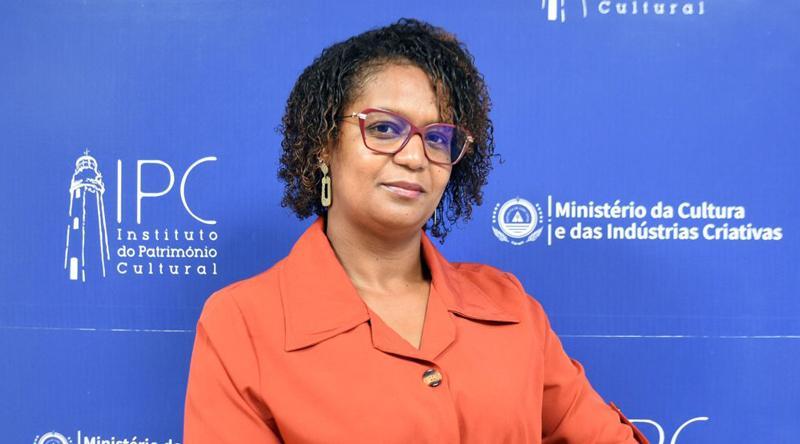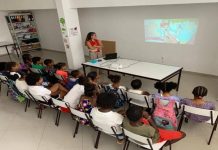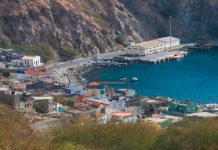Africa-Press – Cape verde. The director of Intangible Heritage, Carla Semedo, stated that the path that is being established with a focus on making Creole official, alongside Portuguese, is relevant and very promising, recognizing that there are still many challenges to be overcome.
Carla Semedo made these statements in an interview with Inforpress, as part of the celebration of International Mother Language Day which is celebrated today, February 21st, and which this year has as its motto “Multilingual education – a pillar of intergenerational learning”.
To celebrate the anniversary, he said, the Cultural Heritage Institute (IPC), through the Directorate of Intangible Heritage, is promoting today a webinar entitled “ The heritage value of the mother tongue in Cape Verde and the diaspora ”, with the aim of promoting a debate on immaterial importance of the mother tongue, based on the national experience and the experience of the Cape Verdean diaspora.
“ We will have two scholars of the Cape Verdean language, Marciano Moreira and Ana Josefa Cardoso. The idea is that specialists in the area are present, in this case, from other institutions, not just the IPC, universities, other similar institutions, and also promote a debate together with the secondary school, in the sense of having a very diverse audience to interact with. discuss the heritage value of the mother tongue ”, he indicated.
When addressing the heritage value of the mother tongue in Cape Verde and in the diaspora, Carla Semedo highlighted that the Cape Verdean language is the element of communication and transmission of cultural values with which all Cape Verdeans identify.
“ When we talk about the Cape Verdean mother tongue, its heritage value, we are also talking about the role it plays in the formation, in the constitution of the Cape Verdean identity and also how it appears, is activated, mobilized in the various daily spaces ” , he said.
He highlighted the path taken since 2019, with the classification of the mother tongue as heritage, hence the need to carry out an assessment of national, cultural material, and promotion of more debates so that, as an example, the new generation can appropriate the value of mother tongue.
The director of Intangible Heritage also highlighted the actions to promote and enhance Creole through various initiatives, specifying that the Cape Verdean mother tongue has gained space in different media.
“ There is an appreciation with a very relevant dynamic, as the Creole language enters the various communication spaces, media, social communication spaces, or when there is a presence of the use of the language in social spaces, such as parliamentary debates, or even when there are artistic productions or dynamics from various areas, which perceive the use of the mother tongue as this vector, and this not only in the younger generations, but across the entire age range ”, he asserted.
He pointed out, on the other hand, that the foundations that are being laid so that the Cape Verdean mother tongue is on a level parallel to Portuguese is important and that the path forward is very promising, taking into account its particularities and linguistic variation.
“Linguists have shown us that it is a way forward. So, it is a path that is gradually being established, which also shows us that there is much more to be done to get there. But the path is very relevant, it is a very rich path, taking into account all these appropriations, which show how the language is appearing, it is very used, very valued in various spaces”, he highlighted.
International Mother Language Day is celebrated annually on February 21st across the planet.
Created by UNESCO – United Nations Educational, Scientific and Cultural Organization, on November 17, 1999, International Mother Language Day aims to promote linguistic and cultural diversity among different nations.
Furthermore, this date also invites all UNESCO member countries and their headquarters to reflect on the preservation of the linguistic and cultural particularities of each society.
For More News And Analysis About Cape verde Follow Africa-Press






